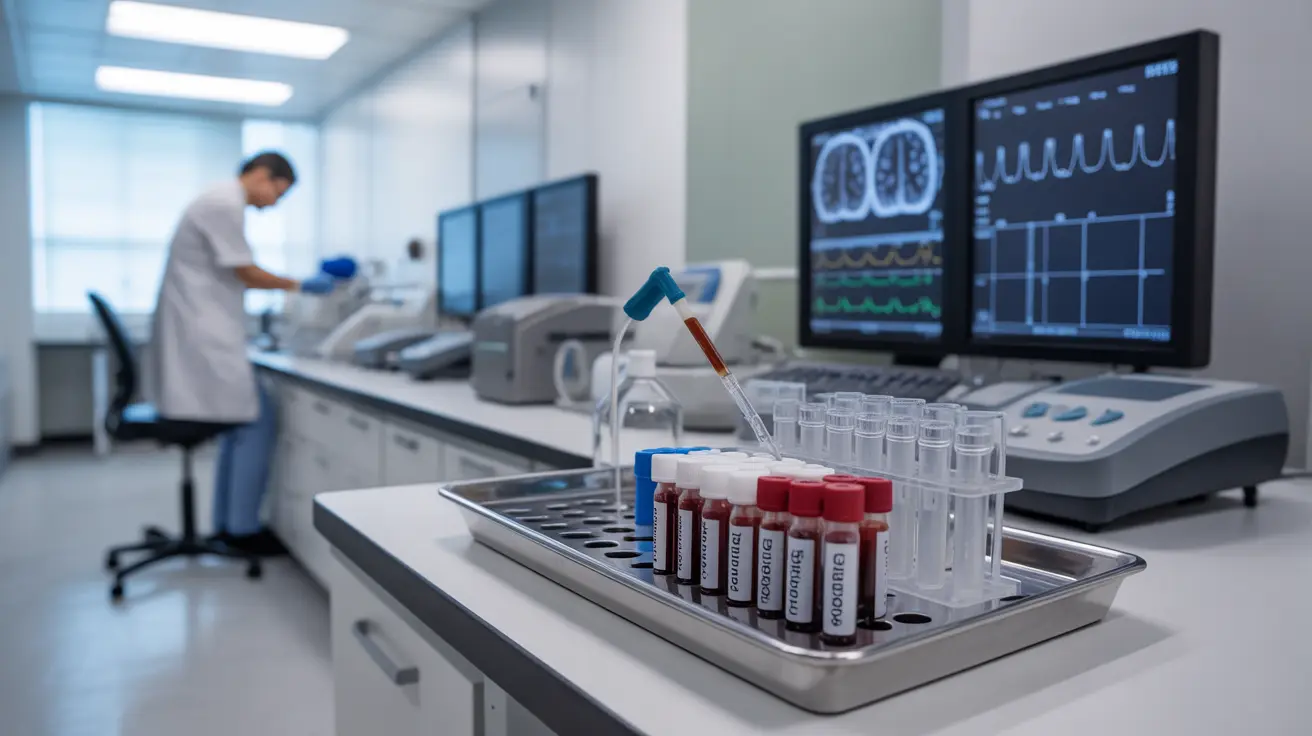GetLabTest News
Symptom Analysis
Interpreting Test Results
Diseases & Symptoms
Health Queries Answered
All
Latest
Grapeseed Oil vs Olive Oil: Which Is the Healthier Choice for Your Kitchen?
Discover the differences in health benefits between grapeseed oil vs olive oil. Learn which oil is healthier for cooking and skin.

Discover how essential oils for snoring can promote better sleep and reduce disturbances. Learn effective methods and safety tips.
Health Queries Answered
min read

Discover what causes exploding head syndrome and effective management strategies to cope with this sleep phenomenon. Improve your sleep quality today.
Diseases & Symptoms
min read

Explore the role of blood tests in narcolepsy diagnosis and understand testing options available for this sleep disorder.
Interpreting Test Results
min read

Discover how toe taps can strengthen your core and improve balance. Learn proper technique and variations for all fitness levels.
Health Queries Answered
min read
